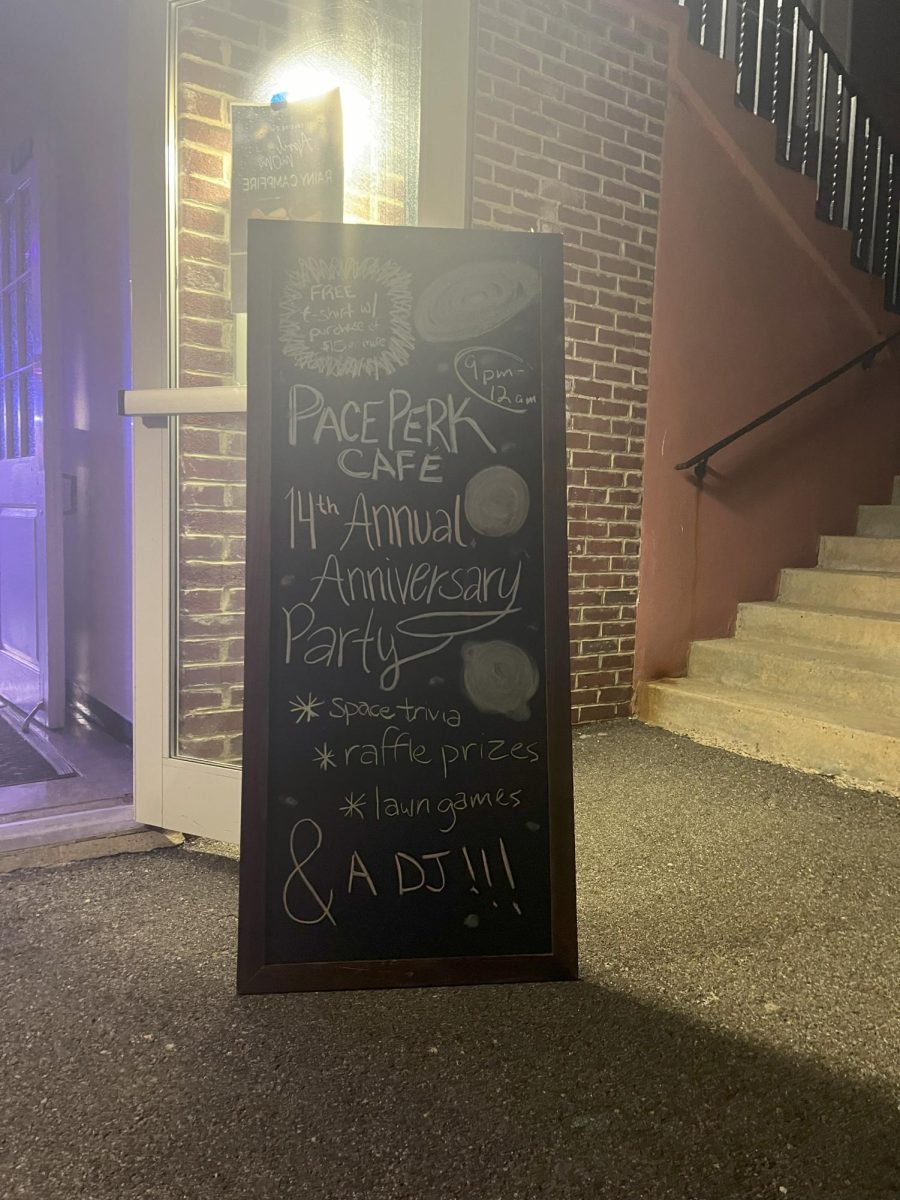In reference to the article
“Artificial Sweetners May Pack
Sweet and Sour Punch”
from our Oct. 9 issue
In her column “Artificial sweeteners May Pack a Sweet and Sour Punch” Health Editor Katie Szilagyi makes several statements about artificial sweeteners that are not only simply false but irresponsible. She states, without any supporting citation, that “it is known that aspartame, for example, can contribute to Alzheimer’s”. There is not a shred of acceptable evidence to support this absurd claim. The Alzheimer’s Association (www.alz.org) specifically lists the claim that aspartame causes memory problems as one of the leading myths about Alzheimer’s Disease.
Snopes.com evaluates the claim that Aspartame can cause cancer and finds it false. A few years ago a review of hundreds of scientific studies (Critical Reviews in Toxicology, 2007, 37(8), 629-727) concluded that these studies “provide no evidence to support an association between aspartame and cancer in any tissue. A longer discussion of the myths about sweeteners can be found in Steven Novella’s entry on the Science Based Medicine blog (www.sciencebasedmedicine.org) for September 15, 2010.
Szilagy quotes from a story from Medical News Today which was reporting on a study of the sweetener Splenda. That study allegedly showed that the sweetener had an effect on metabolism and insulin. But the quote Szilagy uses is telling – the author of the study says that more research is needed to determine whether the effect is harmful. So, obviously, the effect that was found wasn’t harmful. In fact, there may not have been any effect at all. The study was done on a very small number of unusual (greatly obese) subjects. Any finding with such a restricted, specialized sample, even if real, would be extremely unlikely to apply to regular users of sweeteners.
Szilagy’s article is an example of the type of knee-jerk chemical phobia affecting so many Americans. Everything artificial must be bad. And badly done studies showing tiny effects that are nothing but statistical flukes get magnified by careless and unknowing journalists into the health scare de jour.



